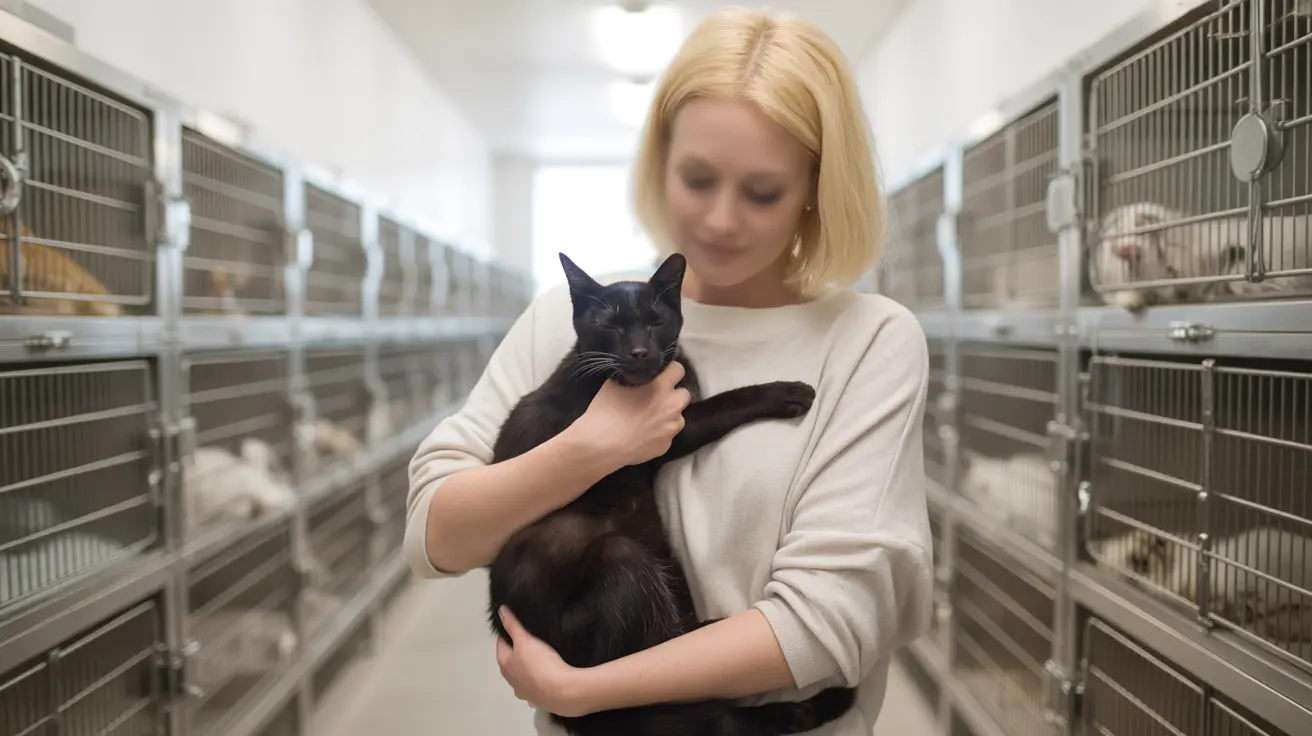The Devastating Illegal Puppy Trade Consequences: How Mass Breeding Harms Animals and Deceives Buyers
The illegal puppy trade represents one of the most heartbreaking examples of animal exploitation in modern society, generating billions of euros annually while causing immense suffering to countless dogs and puppies. This shadowy industry thrives on mass breeding operations that prioritize profit over animal welfare, deceiving unsuspecting buyers with fraudulent online offers and sick animals. Understanding the far-reaching illegal puppy trade consequences is crucial for anyone considering adding a furry family member to their home.
With nearly 2.4 million dogs traded annually across just three major European classified sites, valued at approximately 1.5 billion euros, the scope of this problem extends far beyond individual cases of animal cruelty. The 2024 FOUR PAWS report reveals an even more staggering reality: the illegal trade across the EU is valued at 4.6 billion euros, with approximately 79% of dogs advertised online unable to be traced to legal sources. This massive underground economy operates with minimal oversight, creating a perfect storm of animal suffering, buyer deception, and public health risks.
The Horrific Reality of Puppy Mills and Mass Breeding Operations
At the heart of the illegal puppy trade lies a network of puppy mills and mass breeding facilities, primarily concentrated in Eastern Europe, where conditions are nothing short of intolerable. These operations treat breeding dogs as mere production machines, confining them in overcrowded, poorly ventilated spaces with inadequate lighting and sanitation. The chemical odors, lack of basic hygiene, and absence of proper veterinary care create environments that would horrify any compassionate observer.
Breeding dogs in these facilities endure continuous forced pregnancies, often chained and mistreated throughout their reproductive lives. When these animals can no longer produce profitable litters, they are simply discarded like broken equipment. The puppies born into these conditions face immediate trauma through early separation from their mothers – a practice that occurs far too young to ensure proper physical and psychological development.
Long-Term Physical and Psychological Consequences of Early Maternal Separation
The practice of removing puppies from their mothers prematurely creates lasting damage that extends far beyond the immediate transaction. Puppies separated too early miss crucial developmental milestones, including proper immune system development, essential socialization skills, and basic behavioral learning that only occurs through extended maternal interaction. This early trauma manifests in various ways throughout the animal's life, including increased anxiety, difficulty with social interactions with other dogs, and heightened susceptibility to stress-related illnesses.
The physical consequences are equally severe, as puppies denied adequate nursing time often suffer from compromised immune systems, making them vulnerable to infectious diseases and requiring expensive veterinary interventions throughout their lives. The average lifetime cost of dog ownership is estimated at £26,000, but illegal puppies typically incur significantly higher expenses due to these health complications stemming from their traumatic early experiences.
Deceptive Practices and Fraudulent Sales Tactics
Unscrupulous dealers in the illegal puppy trade employ sophisticated deception tactics designed to maximize profits while avoiding accountability. These sellers frequently misrepresent puppies' ages, breeds, and health status, often providing forged vaccination records and pet passports to create an illusion of legitimacy. The anonymity provided by online platforms allows these criminals to disappear immediately after completing sales, leaving buyers with sick animals and no recourse for support or compensation.
Common red flags include sellers who insist on meeting buyers in public locations rather than allowing visits to see puppies with their mothers, use of repeated or outdated photographs across multiple advertisements, frequent changes to contact information, and prices that seem suspiciously low compared to legitimate breeders. These tactics specifically target emotional buyers who may overlook warning signs in their excitement to acquire a new pet.
How to Identify Reputable Breeders Versus Puppy Mills
Distinguishing between legitimate breeders and illegal operations requires careful evaluation of several key factors. Reputable breeders welcome potential buyers to visit their facilities, encourage meetings between puppies and their mothers, provide comprehensive health documentation from licensed veterinarians, and maintain long-term relationships with puppy buyers for ongoing support and advice.
In contrast, puppy mills and illegal sellers avoid transparency at all costs. They refuse facility visits, cannot produce the puppy's mother for viewing, provide suspicious or incomplete documentation, and show little interest in the puppy's future welfare or the buyer's preparedness for pet ownership. Legitimate breeders typically ask detailed questions about potential owners' living situations, experience with dogs, and long-term commitment to the animal's care.
Social Media Platforms as Hubs for Illegal Sales
Despite official bans on animal sales, social media platforms like Instagram and Facebook have become major marketplaces for illegal puppy trade due to inadequate enforcement mechanisms. Public surveys reveal that many consumers discover puppies through these platforms, indicating the widespread failure of current prohibition policies. The ease of creating anonymous accounts and the visual nature of these platforms make them ideal venues for showcasing appealing puppy photographs while concealing the horrific conditions of their origins.
Over 2,000 new dog advertisements appear daily in countries like France, Germany, and Italy, with numbers surging above 4,000 in Poland. This massive volume of listings overwhelms traditional monitoring systems, allowing illegal sellers to operate with impunity while legitimate platforms struggle to maintain effective oversight.
Improving Social Media Enforcement Against Illegal Animal Sales
Enhanced monitoring and enforcement require technological solutions combined with stricter platform policies. The FOUR PAWS VeriPet system represents a promising approach, linking dog microchips to verified seller identities and preventing advertisements for unregistered animals. This technology could be integrated across social media platforms to ensure only traceable, legitimate sellers can advertise puppies online.
Platforms must also implement more sophisticated detection algorithms to identify suspicious posting patterns, require verified identity confirmation for animal-related advertisements, and establish rapid response systems for removing illegal content. Coordination between platforms, law enforcement agencies, and animal welfare organizations is essential for creating comprehensive protection against these harmful sales practices.
Public Health Risks and Zoonotic Disease Concerns
The illegal puppy trade consequences extend beyond animal welfare to create serious public health threats through the spread of zoonotic diseases. These unregulated animals often carry infectious agents including rabies, echinococcosis, leishmania, Toxoplasma gondii, and Giardia duodenalis. With rabies causing nearly 59,000 deaths annually worldwide and still occasionally reported in Eastern Europe, the importation of unvaccinated puppies presents genuine risks to human populations.
The rapid cross-border movement of animals with undeveloped immune systems, facilitated by online sales platforms, creates ideal conditions for disease transmission. Leishmaniasis, typically found in Mediterranean countries, has begun appearing in northern European regions without endemic vectors, suggesting that illegal animal transport is contributing to the geographic spread of dangerous pathogens.
Legal Frameworks and Enforcement Challenges
Current legislation across Europe and the UK contains significant gaps that allow illegal puppy trade to flourish despite existing animal welfare laws. While the UK's Lucy's Law banned third-party sales of puppies under six months in 2019, requiring direct purchases from licensed breeders, loopholes remain that permit imports from facilities operating without UK licensing standards. The proposed Animal Welfare Bill that would have raised the minimum import age to six months was unfortunately dropped in 2023.
The low risk of prosecution combined with inadequate punishments creates an environment where the potential profits far outweigh the legal consequences. Price differences of up to 1,300 euros between Eastern and Western European markets provide powerful financial incentives for illegal traders, who face minimal risk of meaningful legal repercussions for their actions.
Steps for Verifying Puppy Health and Origin
Prospective buyers must take proactive steps to verify any puppy's health status and legitimate origin before making purchase decisions. Essential verification steps include demanding to see comprehensive veterinary records from licensed professionals, insisting on meeting the puppy's mother in the breeding environment, confirming microchip registration and proper documentation, and conducting independent veterinary examinations before finalizing any transaction.
Buyers should also research the seller's reputation through multiple channels, request references from previous customers, and be prepared to walk away from any situation that raises suspicions. The emotional appeal of cute puppies should never override careful due diligence that protects both the buyer's interests and supports legitimate breeding practices.
Supporting Ethical Alternatives and Solutions
Animal welfare organizations consistently recommend adoption from local shelters and rescue centers as the most effective way to combat illegal puppy trading while providing homes for animals in need. These facilities maintain comprehensive health records, provide proper veterinary care, and support adopters with ongoing guidance and resources for successful pet ownership.
When purchasing from breeders is preferred, buyers must seek registered, licensed operations that demonstrate transparency, prioritize animal welfare, and maintain long-term commitments to the dogs they breed. Supporting these legitimate businesses helps create market incentives for ethical practices while reducing demand for illegally produced puppies.
Frequently Asked Questions
- How can I tell if a puppy seller is operating illegally?
Illegal sellers typically refuse to let you visit their facilities, cannot show you the puppy's mother, offer prices significantly below market rates, meet only in public locations, provide suspicious documentation, and show little interest in your preparedness for pet ownership. They may also use repeated photos across multiple advertisements and frequently change their contact information.
- What diseases can illegally traded puppies carry?
Puppies from illegal sources commonly carry zoonotic diseases that can spread to humans, including rabies, echinococcosis, leishmania, Toxoplasma gondii, and Giardia duodenalis. They may also suffer from various infectious diseases due to poor living conditions, inadequate vaccination, and compromised immune systems from early maternal separation.
- Why are social media platforms ineffective at stopping illegal puppy sales?
Despite official bans, social media platforms struggle with enforcement due to the massive volume of daily posts, the ease of creating anonymous accounts, and insufficient technological tools for detecting illegal animal sales. The visual nature of these platforms makes them particularly attractive for showcasing puppies while concealing their true origins.
- What are the long-term costs of buying from illegal puppy traders?
Illegally traded puppies often require extensive veterinary care due to health problems stemming from poor breeding conditions and early maternal separation. While the average lifetime cost of dog ownership is £26,000, illegal puppies typically incur significantly higher expenses due to ongoing medical issues, behavioral problems, and the need for specialized care.
- How does the VeriPet system help combat illegal puppy trade?
The VeriPet system connects dog microchips to verified seller identities, ensuring only traceable, legitimate sellers can advertise puppies online. This technology prevents unregistered animals from being advertised and promotes full traceability throughout the supply chain, making it much more difficult for illegal operations to remain anonymous.
- What should I do if I suspect someone is selling puppies illegally?
Report suspected illegal puppy sales to local animal welfare authorities, law enforcement agencies, and the relevant online platforms hosting the advertisements. Provide as much documentation as possible, including screenshots, contact information, and details about suspicious practices you observed.
- Are there legal consequences for buying from illegal puppy traders?
While buyers are typically not prosecuted for purchasing illegally traded puppies, they may face significant financial consequences through veterinary bills, potential quarantine costs, and the emotional trauma of dealing with sick animals. Supporting these operations also perpetuates animal suffering and undermines legitimate breeding practices.
Conclusion
The illegal puppy trade consequences extend far beyond individual cases of animal cruelty, creating a multi-billion euro industry that harms millions of dogs while deceiving countless buyers and threatening public health. From the deplorable conditions in Eastern European puppy mills to the sophisticated deception tactics used by online sellers, this underground economy operates with devastating efficiency while facing minimal legal consequences.
Combating this crisis requires coordinated action from consumers, governments, technology companies, and animal welfare organizations. By choosing adoption over purchase, supporting legitimate breeders, demanding transparency in all transactions, and advocating for stronger enforcement mechanisms, we can collectively work toward ending the suffering perpetuated by illegal puppy trade and creating a more ethical future for companion animal welfare.






